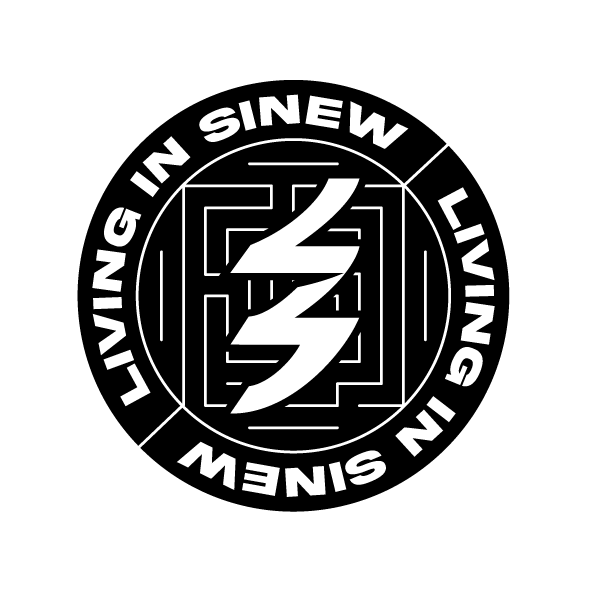Meditation for the Uninitiated
Meditation
If you're interested in the history of the actual word "meditation" there's a wonderful page which goes over its history and gives a little perspective on our collective views on the word itself: http://www.lorinroche.com/meditation-faq/meditation-faq/meditation-etymology.html
That's great but what IS IT? Meditation, for most it would seem, conjures up images of buddhist monks or yogis sitting down and spacing off. In my experience, the reality is quite contrary to spacing off...it's a deep form of concentration. It is a way to cut out the chatter and clear the clutter of our minds to find the things we seek. Peace, bliss, and discipline are generally favorable outcomes to meditating.
The point of meditation is to go deep in yourself. The physical area your body occupies is only second to how your mind handles it. There are wonderful practices that I love to employ, such as: ice, extreme heat, underwater, and limited oxygen variations, and they do different things for you in different ways. I feel these challenges connect the mind and body but, again, the point isn't extreme circumstances...it's bliss, it's peace, it's humility.
Flow
The term "flow" or "the flow state" was coined by psychologist Mihály Csíkszentmihályi, in his book; Flow: The Psychology of Optimal Experience. It's an excellent read and I highly recommend you pick up a copy and go through it a couple times a year. Flow is "optimal state of consciousness where we feel our best and perform our best" by definition. To expand on this; flow is basically when a person reaches "the zone" where they can work for hours or days on a project without stopping because they are so immersed in their subject they don't even consider stopping. Flow can also be likened to creativity or creative intrigue.
How is flow different from meditation? Well, technically I'd say it's a definite form of meditation since you're being put into a mental state that is highly concentrated. This, however, does not suffice for all their qualities and aspects. Generally speaking, a flow state surrounds a particular activity such as: painting, making music, running, or any other singular activity that must be focused directly on. Meditation, on the other hand, is more about clearing the mind. This doesn't mean to shut the mind off but to clear it of anything unnecessary at that moment.
In essence, meditation and flow are both the exact same and polar opposites of one another. This is my experience in both mindfulness methods, right or wrong, and it's how I see it.
The real point to this article is to get you to at least try some form of meditation or cultivation of a skill you can get lost in. I want you to become the best version of yourself!
Priming the Mental-Sharpening Tools
Here's the takeaway: I personally found it easier to begin meditation with optimization of the flow state. I'm a mover and, after I read "Flow", I began applying the principles to everything I do; from knife-throwing to writing. I recommend getting into the zone first, here's how:
- Discover your "calling". What do you like to do? What do you want to get better at? Do those things. Practice that skill. Do it till you're blue in the face. Really get lost in your practice. Some days you won't have it and that's fine. On days that you want to keep going just don't stop yourself.
- Center yourself. Before embarking on your task or practice; take a couple deep, slow breaths to prepare yourself. All your focus should be on the NOW.
- Make a habit around your practice to ease into it, build momentum slowly, then maintain a focused output of creative sensibility. For instance; if your goal is a 1-Arm Handstand and you work a 9-5 you might begin your day by waking up at 0600, performing a joint mobility routine, having a little coffee, read something interesting, then begin warming up for practice which might last from 0700-0800. You go to work and any open time to yourself look at as an opportunity to put bodyweight on your hands. When you get off work you ease back into a practice. This way it becomes something to look forward to and something you can become lost in.
- Turn the TV off. Better yet, throw the damn thing in the garbage or take it out in a field and beat the piss out of it while blasting "Still" by Geto Boys...it sucks away your life energy. Even worse, it takes away precious time you have to do the things you REALLY love.
When you're in the zone you will have opened up a backdoor to meditation without realizing it! Of course, there's no reason you can't start both or just start meditating. If you're interested in beginning a meditation practice here's what to do:
- Do it right after you wake up. You don't even have to get out of bed, just get it done and you'll feel amazing for the rest of the day!
- Perform the "Wim Hof" method before you begin. I won't get into how amazing Wim Hof is (you should, however, look him up!) but here's an article explaining the practice: http://highexistence.com/the-wim-hof-method-revealed-how-to-consciously-control-your-immune-system/ by doing the power breaths I find myself able to fully concentrate on meditation and feelings of bliss and peace wash over the body and mind.
- Begin with just a couple minutes. After breathing sit there for two minutes or so. Most days you probably won't want to stop meditating after the breathing.
- Remember that you are doing this to control your mind, thoughts, and emotions. Reaffirm your pursuit of clarity to achieve peace in yourself. Don't let your thoughts run rampant in your head.
Go forth and do great things, be mindful of the present, and be the master of your own mind. You are power. You are insight. Listen to the wisdom inside you.
